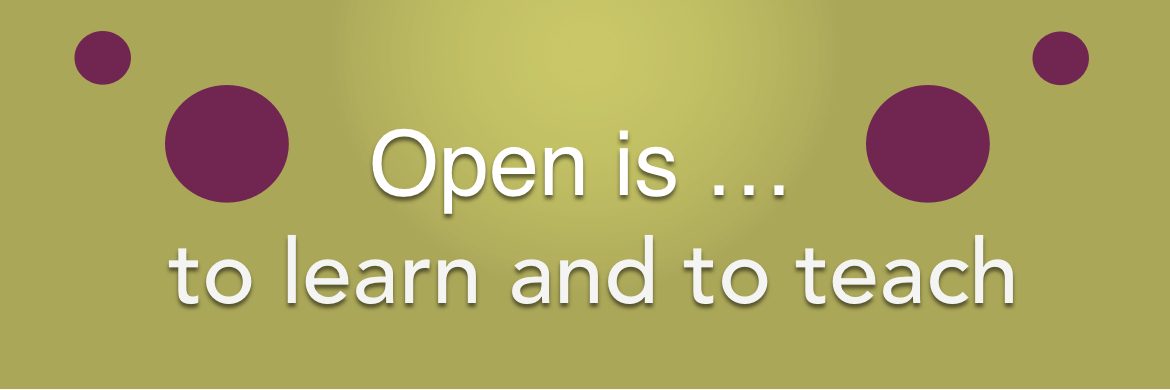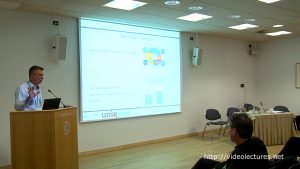To discuss how to increase teachers' fluency with OER and open education approaches, starting from the results of the Open Educators Factory project results, based on more than 400 teachers’ opinions
The event has two objectives.
First to show the potential of the Open Educators Factory platform, a web tool where university educators - after having filled a short questionnaire investigating the actual level of openness in their daily work - are "positioned" within an Open Education framework (consisting of open design, open content, open teaching and open assessment) and receive a set of tailored guidelines such as links, suggested readings, courses or learning materials that should improve the teacher openness capacity. The platform, available in English, Italian, Spanish, Portuguese and French and soon will be translated into Russian and Chinese.
Second to discuss, starting from the Open Educators Factory research results on the relation between openness and networking/collaboration among HE educators, how to approach openness through different entry-points, as a way to foster the openness capacity of professors within a university through peer learning and capacity building.
The event will be run in a participatory and open way and will rely on a few experts opinions that will kibe debated in light of the OEF results, shading a light on possible new strategies to increase the capacity of university educators to work with OEF and open approaches.
Check the video
The Open Educators Factory project is funded and developed by the Universidad Internacional de la Rioja, under the coordination of Daniel Burgos, who holds a UNESCO Chair on eLearning, and Fabio Nascimbeni.
Prof. Dr. Daniel Burgos works as Vice-chancellor for Knowledge Transfer & Technology, and Full Professor of Education & Communication Technologies at Universidad Internacional de La Rioja (UNIR). He also holds theUNESCO Chair on eLearning at UNIR. He is or has been involved in a number of R&D projects like, i.e. Intelleo, Hotel, Edumotion, Inspiring Science Education, EU-USR, Stellar, Gala, IntelLEO, Go-MyLife, Grapple, Unfold, ProLearn, TenCompetence, EU4ALL, NiHao, Kaleidoscope, Sister, ComeIn, Veritas, et cetera. He holds degrees in Communication (PhD), Computer Science (Dr. Ing), Education (PhD), and Business Administration (BA).
Fabio Nascimbeni works as assistant professor in the Universidad Internacional de La Rioja (UNIR) and as a researcher at the Vice-chancellorship for Knowledge Transfer & Technology (http://trasnfer.unir.net) and is Director of the Telefónica Chair on Digital Society and Education. He is active since 1998 in research, policy advisory and strategic consultancy in the field of innovation in education, as well as in other areas such as ICT for development, ICT research, knowledge society developments, with more than 30 research projects designed and coordinated across Europe, Latin America, the Caribbean and South-East Asia. He is a member of the Executive Committee of the European Distance and eLearning Network (EDEN), of the Editorial Board of the EURODL Journal, of the Scientific Committee of the Web Based Communities and Social Media Conference, of the Scientific Board of the Institute for the Relations between Europe and Latin America and the Caribbean.
Tel Amiel is a researcher at NIED, University of Campinas (UNICAMP) where he coordinates the UNESCO Chair in Open Education. He has previously been a visiting fellow at the University of Wollongong and a visiting professor at Utah State University. He currently conducts research funded by FAPESP and CAPES on schooling and teacher professional development at the intersection of open education, educational technology, and school improvement.
Main organizer email: fabio.nascimbeni@unir.net






